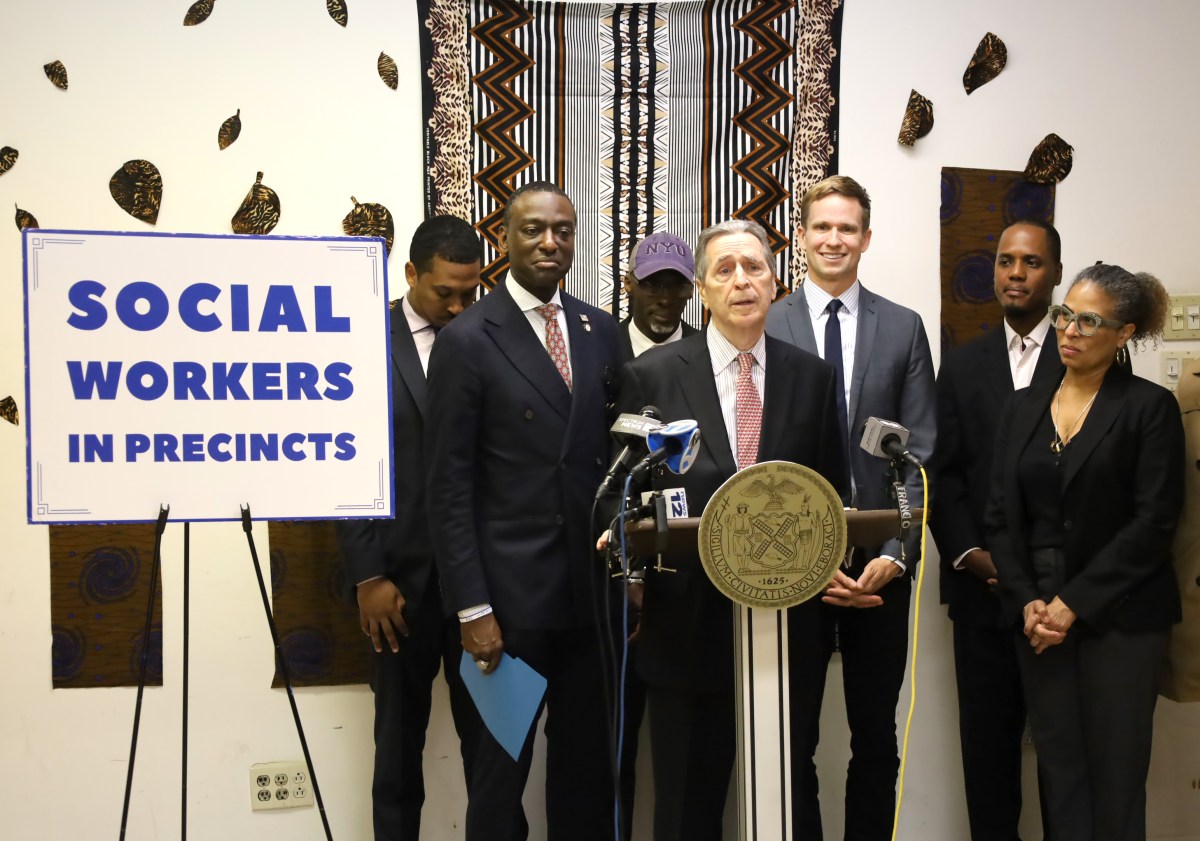Mismanagement Drove Group Into Ruin
Attorney General Eric T. Schneiderman sued the directors of the Thoroughbred Retirement Foundation (TRF), one of the nation’s largest nonprofit organizations devoted to retired thoroughbred racehorses, for driving the group into insolvency and failing to provide the funding needed to care for the 1,100 horses in its herd.
As a result of the directors’ actions, retired racehorses entrusted to TRF have been neglected and deprived of even basic care.
“New York and the nation need the Thoroughbred Retirement Foundation to succeed. But unfortunately, TRF’s board has driven this vital organization into the ground, threatening its mission and the very horses it is supposed to protect,” said Schneiderman. “Despite my office’s efforts to encourage reform, TRF’s current directors have proven incapable of turning around the dire situation they have created. The time has come to give new leadership a chance.”
The investigation revealed that TRF has for years taken into its herd far more horses than it could afford to support and that TRF’s directors ignored repeated warnings, including from its own officers, that the organization couldn’t properly sustain its number of horses.
The probe also revealed that TRF has for years provided funding for its horses that is well below industry standards. In most cases, TRF pays its boarding farms no more than $3 per horse per day to feed and provide basic care for the horses-substantially less than what the American Veterinary Medical Association has estimated is required for basic care, and less than half the per horse amounts spent by other horse rescue organizations, as reported by the New York State Task Force on Retired Racehorses in December 2011.
Reportedly, the inquiry also revealed that numerous horses at multiple TRF farms have suffered serious neglect, including lack of sufficient feed, not receiving treatment for injuries and open wounds, being left exposed to the elements without shelter in severe weather, and lack of basic veterinary care.
Schneiderman said that TRF’s board has led the organization to the brink of financial ruin. TRF has survived only by taking on $1.5 million in debt and improperly invading its most significant source of financial support, the endowment fund established by the executors of the Paul Mellon estate for the care and maintenance of TRF horses.
The board has used new debt, in part, to repay personal loans by two directors, diverting funds that could have been spent on feeding and treating horses. By the end of last year, TRF was so short on cash that it improperly withdrew $200,000 from the endowment fund in excess of the fund’s annual spending limits.
The board’s unwillingness to implement reforms has left TRF’s governance in turmoil: over the past five years, at least 25 TRF directors have resigned, declined to stand for reelection or been asked to leave, and TRF has cycled through four chief executives within the past three years.
Through the lawsuit, Schneiderman seeks to restore stability and financial viability to TRF by instituting a board capable of fulfilling TRF’s charitable mission. As the lawsuit proceeds, the attorney general will seek expedited discovery and inspections to determine whether interim relief is needed to prevent any new serious harm to TRF’s horses.
The office’s investigation and litigation in this matter is being handled by David E. Nachman, Chief of the Enforcement Section of the Charities Bureau, and Assistant Attorneys General Claire Evans and Rose Firestein, under the supervision of Charities Bureau Chief Jason R. Lilien and Executive Deputy Attorney General Janet Sabel, with the assistance of Scott Wilson, Senior Advisor and Special Counsel to the Attorney General.
































